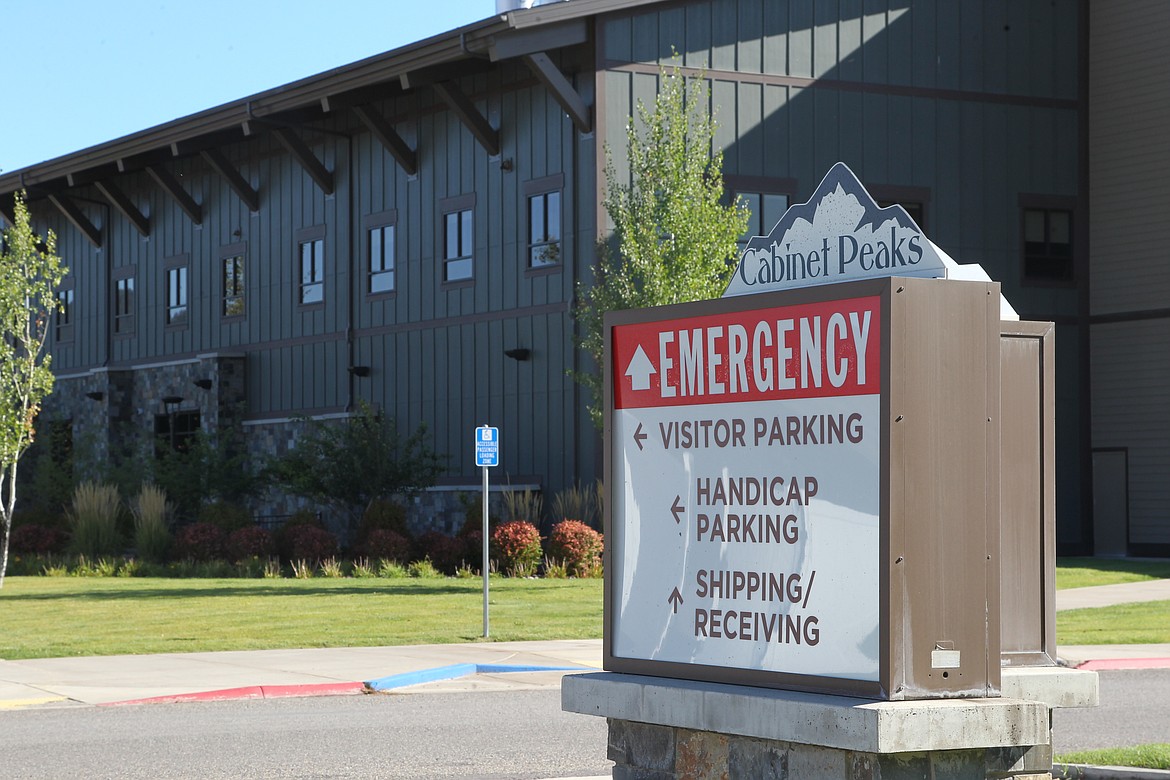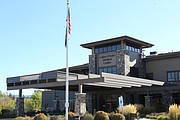Health board has few answers for local providers exhausted by pandemic
With coronavirus cases testing the limits of the local health care system, exasperated primary care providers asked Lincoln County Health Board members if they had suggestions for slowing the virus’ spread through the community.
Dr...
Become a Subscriber!
You have read all of your free articles this month. Select a plan below to start your subscription today.
Already a subscriber? Login







